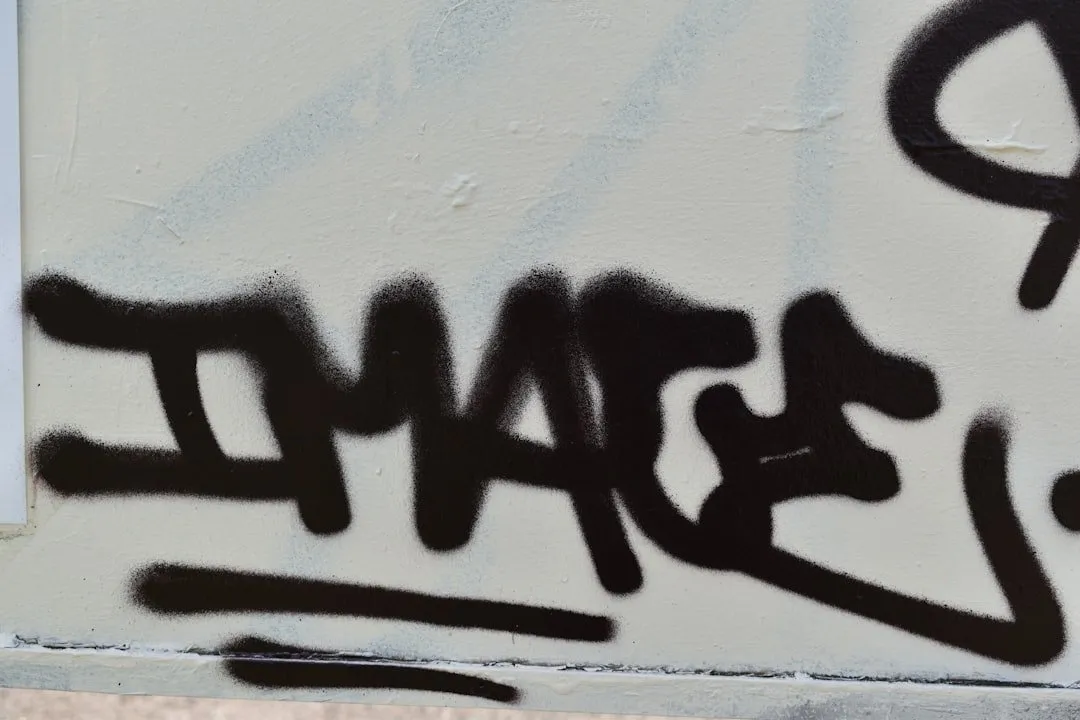Vietnam is renowned for high-quality Kratom leaves due to optimal growing conditions. Reputable suppliers adhere to strict farming practices and rigorous testing standards to ensure purity and safety. The US Army prohibits kratom use, as it's classified as a controlled substance in some countries, with no specific mention of testing in standard protocols. While Vietnam Kratom offers potential therapeutic benefits, the military is cautious due to lack of regulation and safety concerns, especially for individuals with pre-existing conditions or taking other medications. "Does army test for kratom" remains a topic of interest given ongoing military research into its uses and risks.
Vietnam Kratom leaves have gained popularity worldwide due to their unique effects and potency. Known for their high-quality standards, these leaves are cultivated in the lush landscapes of Vietnam. This article delves into the world of Vietnamese Kratom, exploring its source, quality, legal implications, and potential benefits. With a focus on understanding ‘does army test for kratom’, we navigate the safety considerations, offering insights into this ancient herb’s modern-day use.
- Vietnam Kratom Leaves: Source and Quality
- Does Army Test for Kratom: Legal and Safety Considerations
- Potential Benefits and Risks of Using Vietnam Kratom Leaves
Vietnam Kratom Leaves: Source and Quality

Vietnam is renowned for its high-quality Kratom leaves, which are sourced from the lush tropical forests across the country. The optimal growing conditions, including rich soil and abundant rainfall, contribute to the robust and potent kratom strains found here. However, when it comes to ensuring quality, it’s essential to look for reputable suppliers who follow strict farming practices and harvesting methods.
The reputation of Vietnamese Kratom leaves extends beyond their origin; the country’s rigorous testing standards ensure that products meet high-quality criteria. This is especially relevant in light of concerns raised about contaminated kratom products, including those tested by the military (does army test for kratom?). Reputable suppliers prioritize purity and safety, using advanced techniques to verify the absence of heavy metals, pesticides, and other harmful substances, providing consumers with a reliable and safe source of Kratom leaves.
Does Army Test for Kratom: Legal and Safety Considerations

The use of kratom, derived from the leaves of the Mitragyna speciosa plant, has gained attention both as a recreational drug and for its potential medicinal benefits. However, when it comes to military settings, there are significant legal and safety considerations surrounding kratom use. The US Army, like many other branches of the military, strictly prohibits the use of illicit drugs, including kratom, which is classified as a controlled substance in some countries.
Regular drug testing programs within the Army aim to maintain a drug-free environment for operational readiness and safety. While there’s no specific mention of kratom testing in standard army protocols, the broad definition of prohibited substances can encompass kratom due to its psychoactive properties. As such, members of the military are advised to avoid any form of kratom use to prevent potential legal repercussions and ensure their well-being while on duty.
Potential Benefits and Risks of Using Vietnam Kratom Leaves

Vietnam Kratom leaves have gained popularity for their potential therapeutic benefits, offering a range of advantages that have caught the attention of many. Some users claim it aids in stress and anxiety relief, promotes better sleep, and enhances overall well-being. Studies suggest its active compounds may interact with opioid receptors, providing pain-relieving effects and potentially reducing cravings for addictive substances. Moreover, kratom is believed to stimulate mood and energy levels, making it a go-to option for natural remedies. However, it’s essential to approach these claims with caution as the research is still evolving.
While Vietnam Kratom leaves show promise, there are risks associated with its use. The effects can vary greatly depending on individual tolerance and dosage, leading to potential side effects like nausea, jitteriness, or even respiratory issues in high doses. Furthermore, questions remain regarding its long-term impact on health, especially as the substance lacks comprehensive regulation. Interestingly, the U.S. military has been exploring kratom as a possible alternative treatment for pain management and stress relief, but their testing is ongoing, raising concerns about its safety and effectiveness, particularly for individuals with pre-existing medical conditions or those taking other medications.
Vietnam Kratom leaves have gained popularity for their potential benefits, but it’s crucial to consider both quality and safety. With varying legal statuses globally, including specific testing methods in military settings (does army test for kratom), consumers must be discerning. While the herb offers possible advantages, understanding risks is essential. Always source from reputable suppliers and stay informed about local regulations to ensure a safe and beneficial experience.














